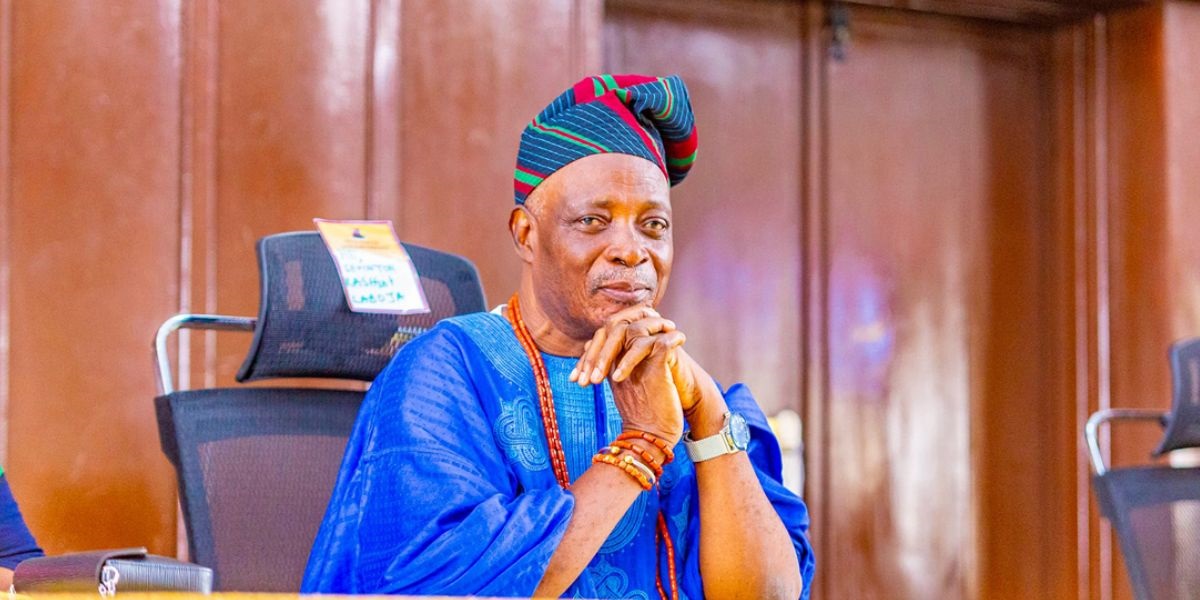• Aqaba Process: Nations unite against terrorism, says Badaru
Prominent Islamic leaders and political figures in Northern Nigeria have warned that the country risks sliding into chaos if urgent steps are not taken to tackle rising insecurity and the misuse of social media.
The warning was issued at a special summit of Northern Ulamas in Kaduna, where participants, including the Sultan of Sokoto, Muhammad Sa’ad Abubakar III, represented by the Emir of Zazzau, Ahmad Bamalli, urged Muslim leaders to unite in addressing threats to national peace and cohesion.
“This is the time to unite the Muslim Ummah,” the Sultan declared. “Our clerics must preach peace, tolerance and national unity in line with Islamic tenets. Social media must also be regulated because it is increasingly used to spread division and hatred.”
However, the Minister of Defence, Mohammed Abubakar, at the 10th edition of the Aqaba Process Heads of State and Government Meeting in Rome, reaffirmed the collective resolve of nations across the world to work together in confronting terrorism.
Leader of the House of Representatives, Alhassan Doguwa, emphasised collaboration between religious leaders and lawmakers to strengthen peace and good governance.
“Security is everyone’s business,” he said. “We in the National Assembly will support any initiative that unites our people and upholds Islamic values.”
Senator Abdul’aziz Yari (Zamfara West) noted that insecurity began in Muslim-dominated areas before spreading nationwide, urging internal reflection and community action rather than blame.
He cautioned against deepening economic hardship and dependence, saying Nigerians must embrace hard work and economic realism.
On fake news and hate speech, Yari warned that social media abuse threatens everyone, calling for regulation without infringing on legitimate expression.
Prominent scholar, Ahmad Gumi, linked poverty and banditry to external manipulation, alleging that “outsiders covet Nigeria’s mineral wealth and exploit uneducated herders as pawns.”
He called for dialogue among Islamic sects to address poverty and insecurity internally.
Speaking with journalists on the sidelines of the meeting in Rome yesterday, Abubakar described the gathering as “a very good and robust engagement” that demonstrated a growing global consensus on the need for multinational cooperation, particularly in tackling the security challenges facing West Africa.
“The major takeaway is that there is multinational cooperation in fighting terrorism. All nations believe that if one country is sick because of terrorism, in no time, it will affect the others. So, countries around the world believe that together, we have to work and fight terrorism,” he said.
The Aqaba Process, launched in 2015 by King Abdullah II of Jordan, brings together world leaders, security chiefs and policymakers to develop collaborative strategies for countering violent extremism.






